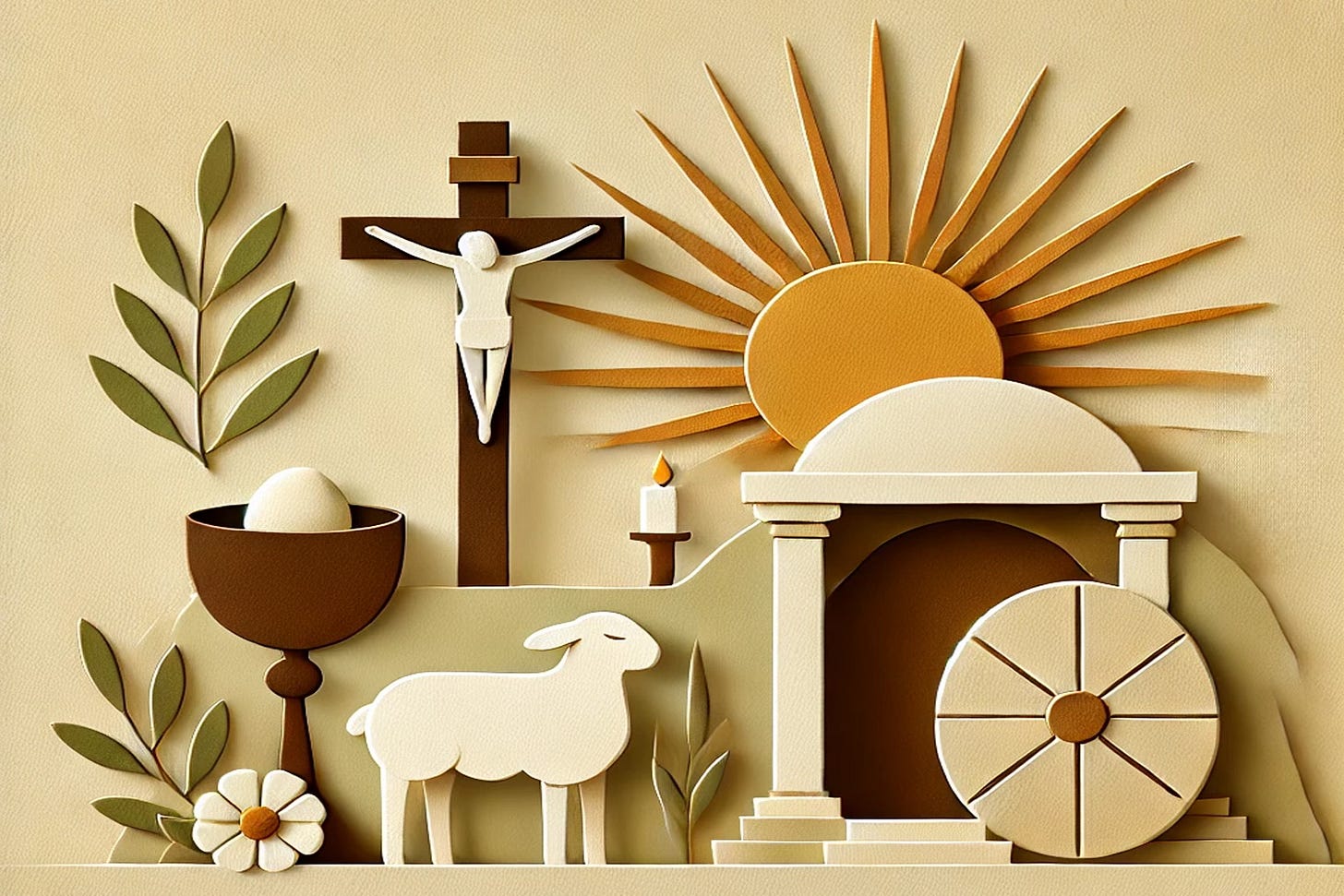Nisan 12: The King Confronts and Laments — Parables, Prophecy, and the Coming Judgment
On Nisan 12, Yeshua teaches, confronts, and weeps. From fig tree to Temple to Mount of Olives, the Lamb speaks with divine clarity before the cup is poured.
This is part of a 13 part series click here to start at the beginning.
Nisan 12 – The King Confronts and Laments
Parables, rebukes, and prophecy on the Mount of Olives
(Sunday evening to Monday evening)
As the sun rose on Nisan 12, tension filled Jerusalem. The Lamb of God had been publicly presented. The Temple had been cleansed. The fig tree had been cursed. And now, the King returned again from Bethany—this time, to confront and to weep.
A Fig Tree Withered and a Lesson in Faith
As Yeshua and His disciples walked toward the city, they passed the same fig tree from the day before. Now it was withered—not just the leaves, but down to the roots (Mark 11:20–21).
Peter pointed it out in amazement. But Yeshua used it as a deeper lesson: faith can move mountains, but faith must also forgive.
“Whenever you stand praying, forgive, if you have anything against anyone...”
— Mark 11:25
Confrontations in the Temple Courts
Upon entering the Temple, Yeshua was immediately challenged. The chief priests, scribes, and elders demanded to know by what authority He did these things. In response, He questioned them about John’s baptism—exposing their hypocrisy (Matthew 21:23–27). When they refused to answer, He did too.
But He did answer—with parables:
The Two Sons – One said yes and didn’t obey; the other said no and repented (Matthew 21:28–32).
The Wicked Tenants – A chilling story of rejected messengers and a murdered son (Matthew 21:33–46).
The Wedding Feast – A King invites many, but only the willing enter (Matthew 22:1–14).
These parables were pointed rebukes—and the leaders knew it. They burned with rage, but feared the crowds.
Traps Set and Truth Revealed
Next came a wave of traps:
The Pharisees and Herodians tried to ensnare Him with politics: Should we pay taxes to Caesar?
“Render to Caesar the things that are Caesar’s, and to God the things that are God’s.”
— Matthew 22:15–22
The Sadducees denied the resurrection and posed a riddle about marriage in the afterlife.
“You are in error because you do not know the Scriptures or the power of God.”
— Matthew 22:23–33
A scribe asked about the greatest commandment. Yeshua answered:
“Love Yahweh your God with all your heart... and your neighbor as yourself.”
— Matthew 22:34–40
And then, Yeshua asked a question of His own: “Whose son is the Messiah?” When they answered “David’s,” He quoted Psalm 110:1—and silenced them completely.
The Seven Woes and a Lament for Jerusalem
What followed was a final public rebuke—a series of seven woes against the scribes and Pharisees in Matthew 23:
Woe for hypocrisy
Woe for legalism
Woe for pride
Woe for false teaching
Woe for self-righteousness
Woe for appearing righteous but being full of death
Woe for rejecting the prophets
Yeshua concluded with heartbreaking lament:
“Jerusalem, Jerusalem... how often I have longed to gather your children... but you were not willing.”
— Matthew 23:37
The Olivet Discourse Begins
As they left the Temple, His disciples marveled at its grandeur. But Yeshua saw what they couldn’t:
“Not one stone will be left on another.”
— Matthew 24:2
They crossed the Kidron Valley and sat on the Mount of Olives, where Yeshua delivered the Olivet Discourse—His final extended teaching before the cross.
He spoke of the coming destruction of the Temple, the end of the age, and signs of His return: wars, persecutions, lawlessness, and false messiahs—but also the call to endure.
He told parables again:
The Ten Virgins — Be ready.
The Talents — Be faithful.
The Sheep and Goats — Love the least of these.
(Matthew 25)
The Day Draws to a Close
As the sun set on Nisan 12, the King of Glory remained on the path to the cross.
He taught.
He confronted.
He wept.
And still, He waited for the cup He alone would drink.


